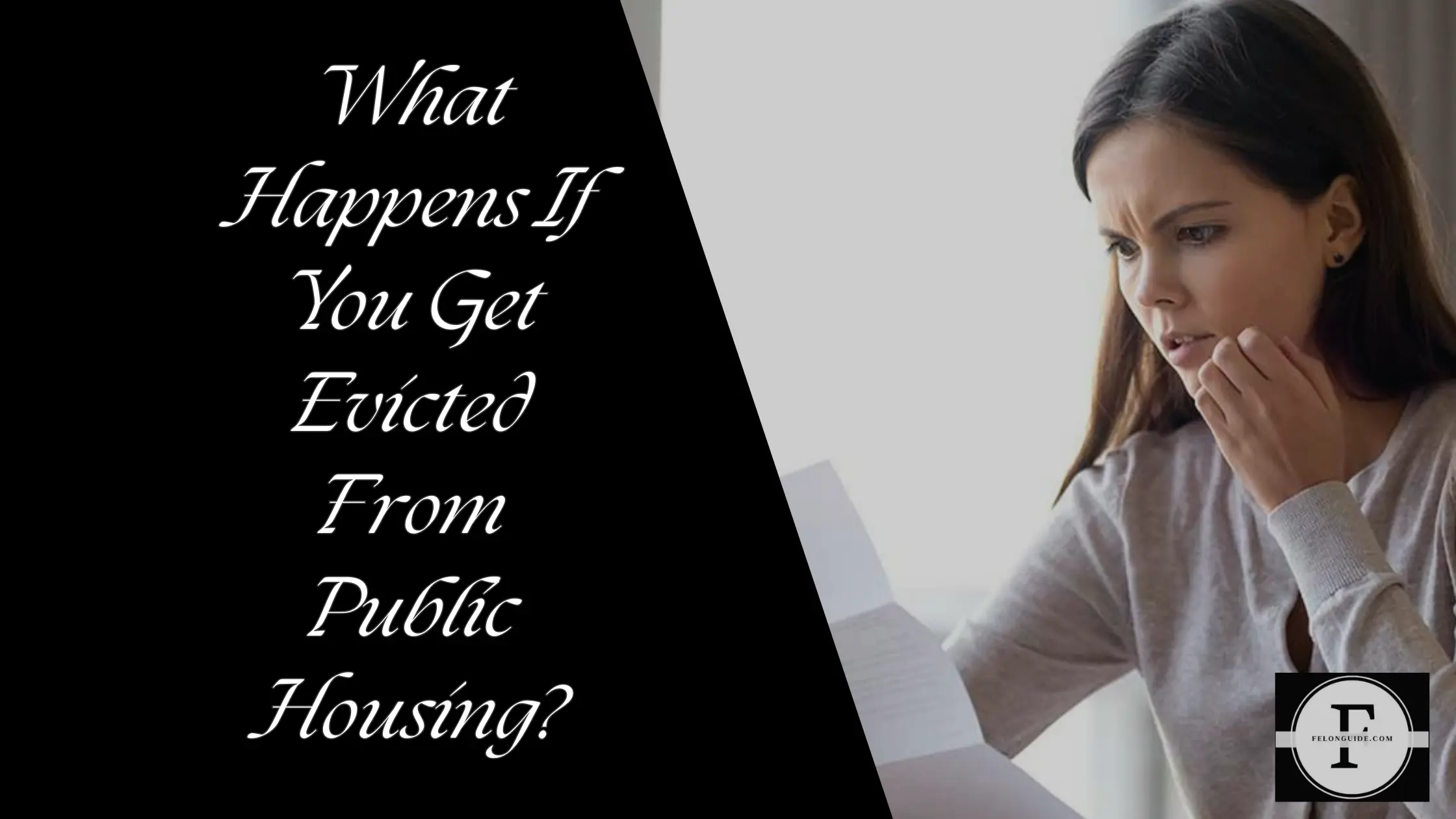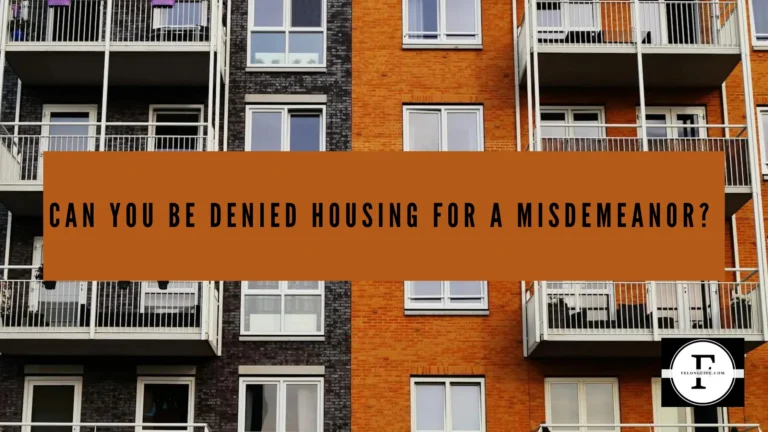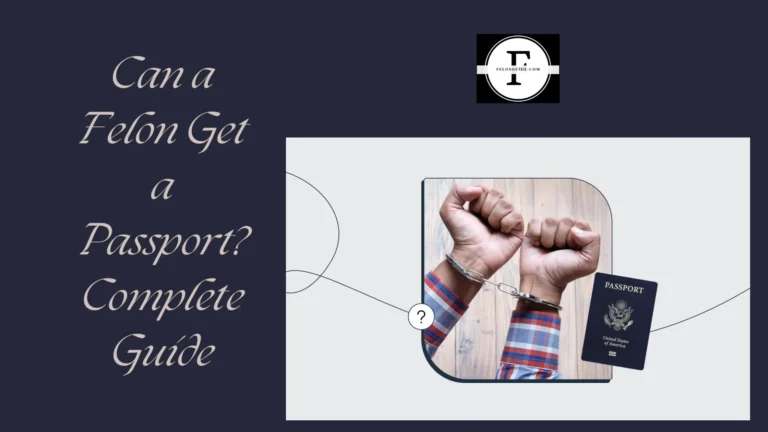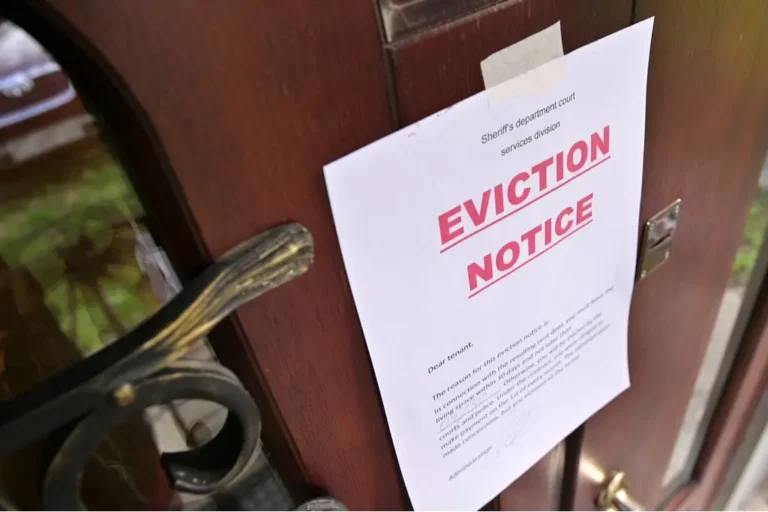What Happens If You Get Evicted From Public Housing?
Understanding What Happens If You Get Evicted From Public Housing will help you plan a course of action if you are concerned that your housing authority may evict you. Eviction rules and procedures vary depending on the public housing authority (PHA) that offers you housing. Contact your local tenant if you are facing eviction, are concerned about upcoming rent payments, or expect to lose your assistance due to a change in your family structure or income. Seek advice from a rights association or legal aid organization. Call the 2-1-1 helpline to learn how to access local advice services.
What Happens If You Get Evicted From Public Housing?
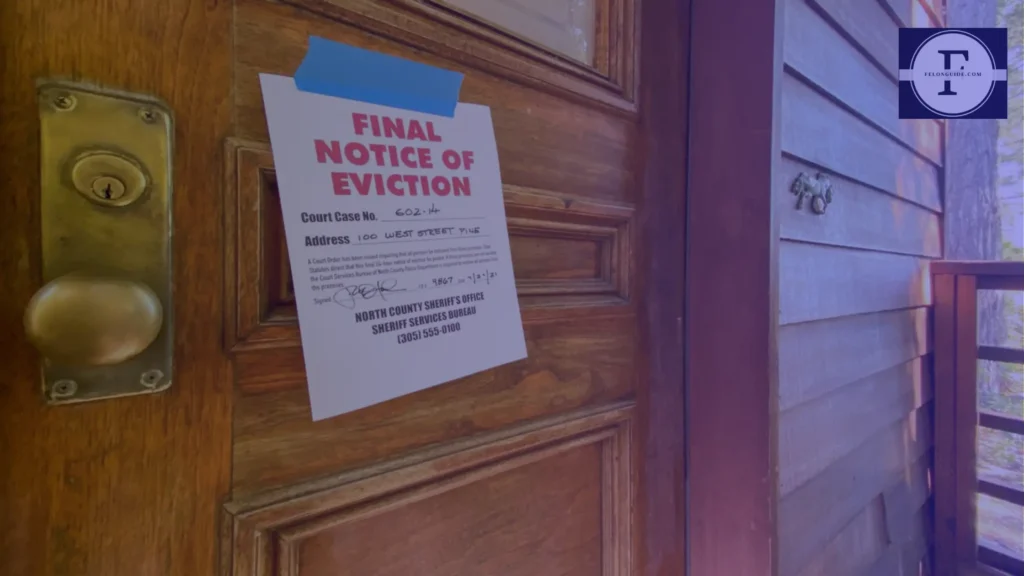
Consequences of eviction:
- Loss of housing
- Loss of Section 8 voucher
- Difficulty gaining approval for future housing subsidy
- Eviction recorded on your rental history
Public Housing Authority Eviction process:
- The PHA manager terminated the tenancy and issued a notice to vacate.
- The tenant has the right to file a complaint and request a hearing.
- If the grievance procedure is not resolved in the tenant’s favor, and the tenant fails to move out, the PHA files an eviction lawsuit.
- The tenant receives notice of the eviction hearing and has an opportunity to respond.
- An eviction hearing is underway. The judge approves the eviction or lets the tenant stay.
- The tenant must comply with any eviction order and vacate the housing unit.
- Law enforcement officers will remove tenants who do not vacate by the given deadline
Reasons for eviction from Public Housing:
- Failure to pay one’s share of rent.
- Serious breach of lease terms.
- Repeatedly breaking lease rules
- Criminal activity (by you or someone living with you) that endangers the safety of other residents.
- Drug activity
- Behavior that disturbs other residents.
Receiving Notice To Vacate
The eviction notice is the first step in the eviction process. Only a judge can issue an eviction. Unless your landlord gets an eviction order, they can’t remove you or your possessions, cut off utilities, or change the locks.
A notice to vacate informs tenants:
- They have breached their tenancy terms.
- What options (if any) do they have to remedy the violation?
- Date their tenancy shall be terminated.
- The date they must move out.
Tenants who comply with the eviction notice will not face eviction as per a formal court order. A court-ordered eviction makes it very difficult to rent in the future. Eviction records are easily discoverable when landlords perform background checks. If you receive a notice to vacate or a warning that you’ve broken the terms of your lease, you should take immediate action.
Filing A Grievance
As a public housing tenant, you can file a complaint to dispute an eviction notice. The notice you receive should include information about your rights, tell you how to file a complaint, and give you a deadline. Put your complaint in writing and make a copy so you have a record. Give the complaint letter to your housing manager and date stamp it (and your copy). Bring a witness with you in case the PHA refuses to receive your letter.
Good to know: If you’ve experienced a loss of income, you may be eligible to pay the minimum rent. Check income with your housing manager. Minimum rent is set at $0 to $50 per month. Low-income tenants paying the PHA minimum rent can also apply for a minimum rent hardship waiver that suspends rent payments entirely. Read the fact sheet to learn about exemptions and find out if you qualify.
HUD Minimum Rent Exemption Factsheet: https://files.hudexchange.info/resources/documents/PIH-Minimum-Rent-and-Hardship-Exemption-Toolkit-Fact-Sheet-English.docx
The fact sheet states that “households requesting and/or receiving a minimum rent hardship waiver may not be evicted for nonpayment of rent.
How Does The Grievance Process Work?
After filing a complaint:
Attend a preliminary meeting with the housing authority to discuss the matter. Request an informal hearing with a neutral panel. Try to address this issue during your meeting with the housing authority representative. For example, agreeing to a payment plan to get a reduced rent.
If the housing authority refuses to work out a solution with you, request an informal hearing (make your request again in writing). If the reason for your eviction is criminal activity or drug activity, your request for a hearing may be denied. At a hearing, the panel will consider the facts and circumstances and may overrule the housing authority.
Eviction Court
If the grievance procedure does not resolve the problem and you do not move out, the PHA will file an eviction lawsuit (called an unlawful detainer proceeding) with the court. You will receive a summons and complaint. You can either voluntarily move out or fight eviction at this stage.
Contact an attorney for advice and representation. Depending on the law in your state, you may be able to obtain legal representation at no charge. Follow the instructions provided with the court paperwork and fill out the required forms.
The court will hear the eviction. Attend the hearing and present your evidence to challenge the eviction. If the court orders an eviction, you can appeal against the decision.
Complying With The Eviction Order
If court proceedings result in an eviction order, you will be given a deadline to move out.
The housing authority will ask law enforcement agencies to remove you if you don’t move out.

